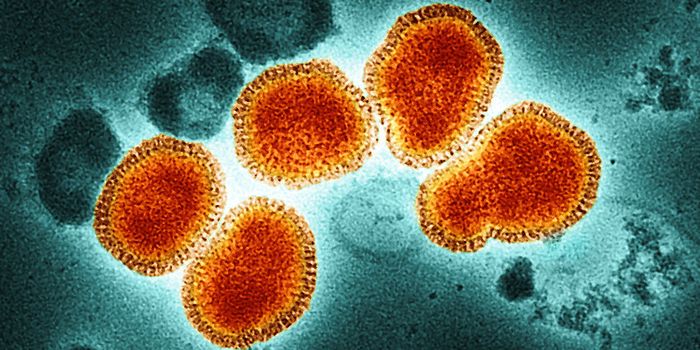Red Meat Has Been Linked To Increased Risk Of Heart Disease
Researchers have long suspected that allergens can trigger immunological responses that might have an association with plaque buildup and arterial blockages. A connection between immune response and inflammation in the heart was thought to cause lasting damage over time. Until recently, no one had identified the specific substance responsible for this reaction. Researchers have published a new study with the intention of doing just that.
In this study, which appears in a peer-reviewed journal of the American Heart Association (AHA), researchers showed for the first time that biomarkers for a red meat allergy are associated with higher levels arterial plaque. The biomarker that had been identified is a type of antibody released in response to the main allergen in red meat galactose-a-1, 3-galactose or alpha-Gal, a variety of complex sugar. It has been long known that the high saturated fat levels in red meat increase a person's risk of heart disease. Researchers now hoped to identify an increased risk of coronary artery disease in relation to type 2 immunity.
In analyzing blood samples from 118 adults, researchers found antibodies to alpha-Gal in 26% of them, indicating sensitivity to red meat. Participants then underwent an intravascular ultrasound to image the arteries. Of those persons identified to have red meat sensitivity, imaging showed a 30 percent higher quantity of arterial plaque. These plaques, which are responsible for atherosclerosis (hardening of the arteries), were also found to be more structurally unstable in people with red meat sensitivity. This structurally unstable plaque means patients have an increased likelihood of myocardial incident or stroke. Scientists think that the allergens influence the heart through inflammation which, over time, is responsible for the pathogenesis of coronary artery disease. Researchers also noted that the negative influence of red meat allergens on the heart was more pronounced in those aged 65 or higher.
It is unclear how many people in the US have sensitivities to red meat, but researchers estimate it to be about 1% of the population. The number of asymptomatic persons with antibodies to alpha-Gal is much higher, at as much as 20 percent of the population or 1 in 5 people. These numbers indicate an increased cardiovascular risk for a large sub-population. Interestingly, researchers also found that people are sensitized to this allergen via tick bite. This increased sensitivity explains why allergies to red meat are more common in areas where the Lone Star tick is prevalent, such as the southeastern United States. This allergens association with heart health might also explain why areas where pork, veal, and beef are a staple component of the diet, tend to have higher rates of heart disease.
The researchers, who admit more studies are needed to corroborate their preliminary findings, intend to conduct additional animal and human studies. In addition to needing more research to confirm these findings researchers are also interested in imaging the hearts of those with other types of allergies. Subjects were tested too for peanut allergies and allergies to inhalants, but no such association to increased cardiovascular risk was noted. Currently, no treatment for red meat sensitivity is available, and those who have it are advised to avoid red meat altogether.










